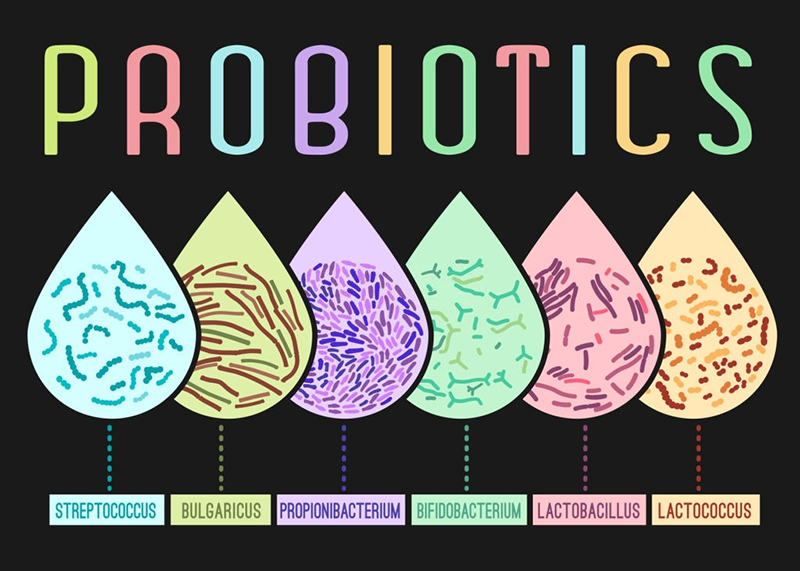Fermented Foods and Probiotics: A Comprehensive Guide to Natural Sources of Good Bacteria
In recent years, the importance of maintaining good gut health has become increasingly understood by the general public. One of the ways to do this is through the consumption of probiotics, which are live microorganisms that can provide health benefits when consumed in adequate amounts.
While probiotic supplements are a popular option, there are many natural sources of probiotics that can be easily incorporated into your diet. In this article, we will explore the world of fermented foods and the valuable probiotics they contain.
What Are Fermented Foods?
Fermentation is a process that has been used for thousands of years to preserve food. During fermentation, microorganisms such as bacteria, yeast, or fungi convert carbohydrates to alcohol or organic acids. This process not only preserves the food, but also increases its nutritional value and flavor.
Examples of fermented foods include:
- Yogurt
- Kefir
- Sauerkraut
- Kimchi
- Miso
- Tempeh
- Kombucha
These foods can be found in most grocery stores, but can also be made at home with a little bit of know-how.
The Benefits of Probiotics
Probiotics have a number of significant health benefits. They can help promote good digestion, boost the immune system, reduce inflammation, and even improve mental health. Some studies have also found that probiotics may help alleviate symptoms of conditions such as irritable bowel syndrome and lactose intolerance.
It is important to note that not all probiotics are created equal. Different strains offer different benefits, and some may not be effective at all. When choosing probiotic-rich foods, it’s important to look for ones that contain specific strains that have been shown to be beneficial for the particular condition you’re looking to address.
How to Incorporate Fermented Foods into Your Diet
If you’re new to fermented foods, it’s best to start slowly, as too much too quickly can cause digestive upset. Begin by adding a small serving of a fermented food to your diet each day, and gradually increase as your body adjusts.
Here are some easy ways to incorporate fermented foods:
- Top your breakfast cereal or oatmeal with a spoonful of yogurt or kefir
- Use sauerkraut or kimchi as a topping for sandwiches or salads
- Add miso to soups and stews
- Use tempeh as a meat substitute in stir-fry or tacos
- Drink kombucha as a refreshing alternative to soda
It’s also important to remember that not all fermented foods are created equal. Some store-bought varieties may be pasteurized or otherwise processed, which can kill off the beneficial bacteria. To get the most benefit, look for raw or unpasteurized options, or make your own fermented foods at home.
Conclusion
Probiotics are an important part of maintaining good gut health, and fermented foods offer a natural and delicious way to get them. By incorporating a variety of fermented foods into your diet, you can enjoy the benefits of probiotics while also exploring new and interesting flavors.
Remember to start slow, and to choose raw or unpasteurized options when possible. With a little bit of experimentation, you may find that fermented foods become a staple in your diet and a key component of your overall health and well-being.







